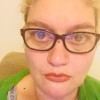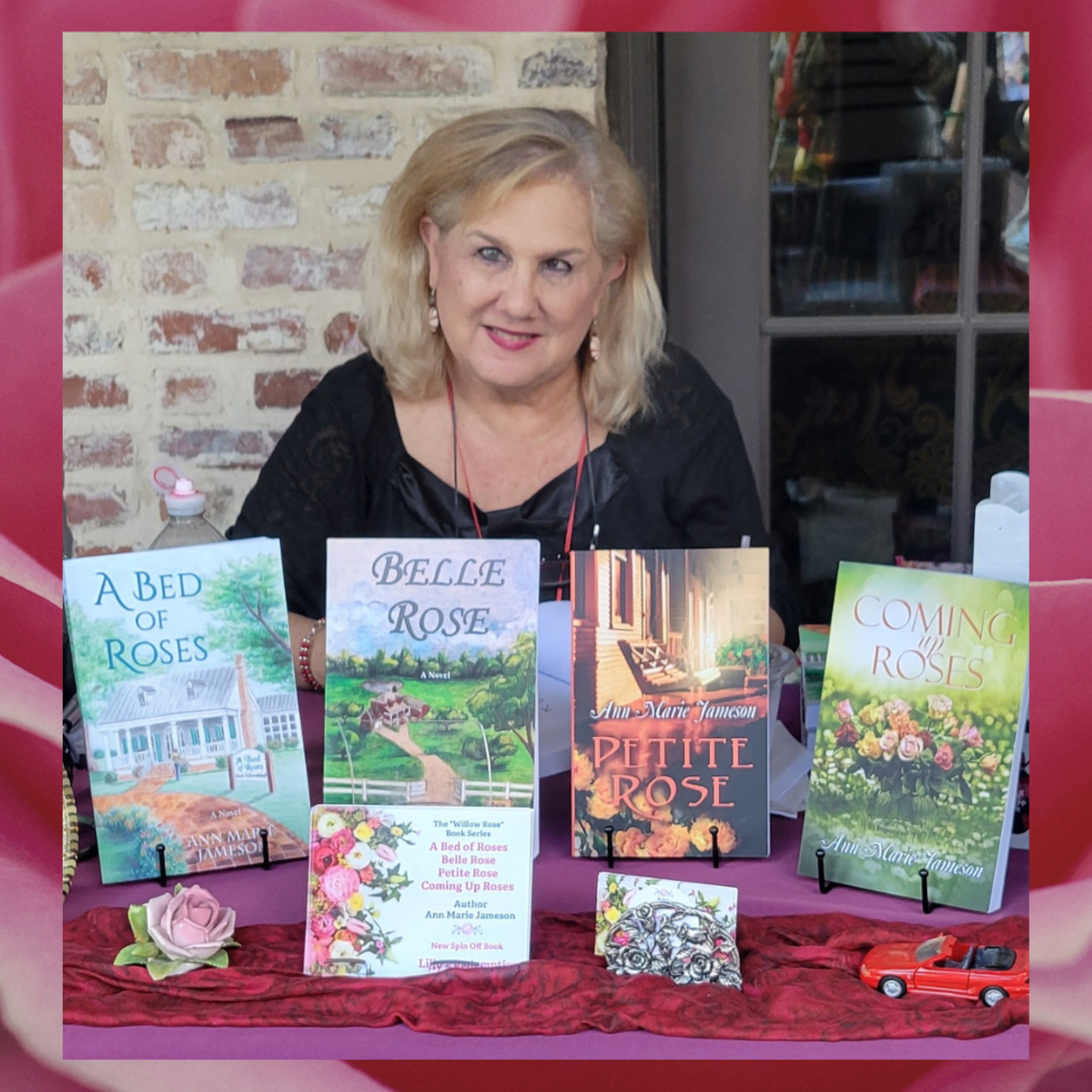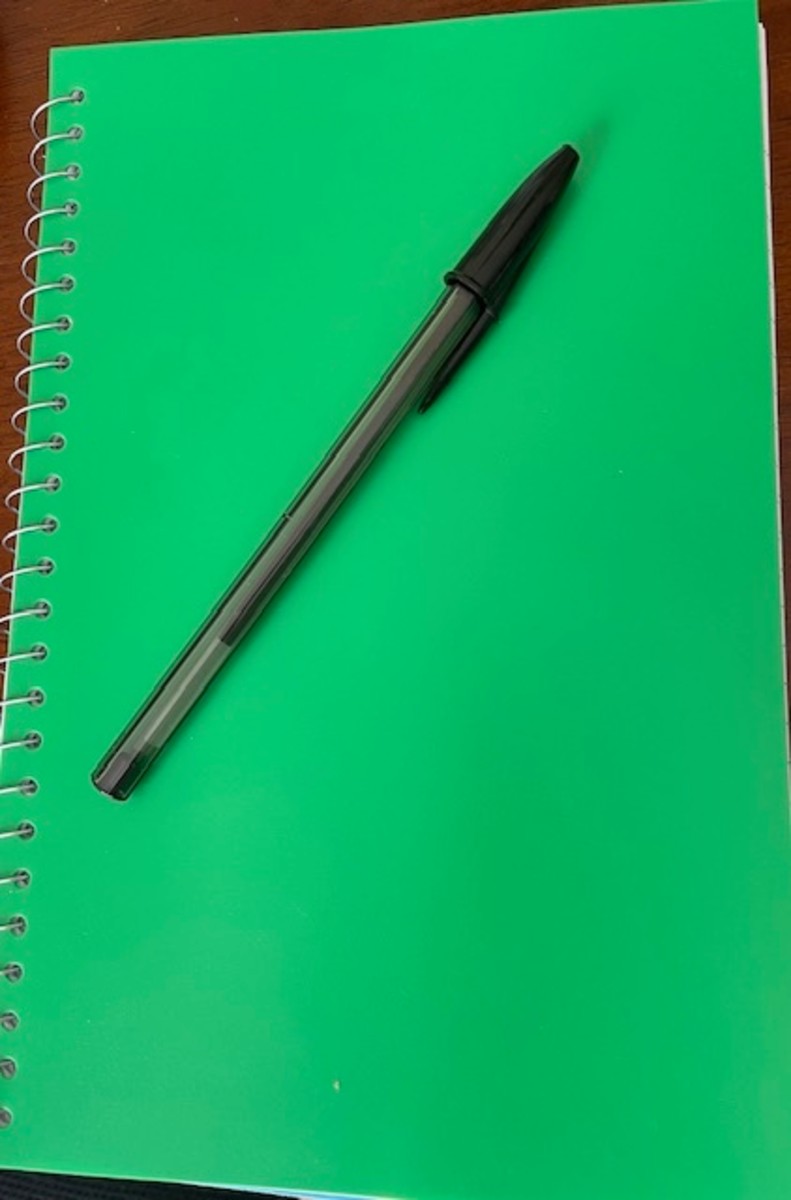How to Learn to Write a Novel

Every Writer Needs a Craft Library
There are some books that every writer should own.
Books you can take notes in, dog ear, read half to death.
Public libraries are wonderful, but if you want to be a writer, you need to start building your own private library of writing craft books.
Octavia Butler believed that "as habit is more dependable than inspiration, continued learning is more dependable than talent." It isn't enough to read these books. You have to learn from them.
You learn from them by doing the exercises. Experimenting. Implementing what you learn into your work.
I wrote my first novel, during NaNoWriMo in 2004. It was bad. So bad. But once I knew that I could actually write a whole novel, the rest was just mechanics. I could learn how to write better. That's what I set out to do.
For me, it started with Self-Editing for Fiction Writers by Renni Browne and Dave King. A friend recommended it and I took her seriously. I was broke, but I scraped together the money to buy my own copy. And for the next year, I read a chapter then worked through every single exercise using my own manuscript.
I learned the difference between showing and telling, and how to have enough of the one and not too much of the other.
I learned how to write more natural dialogue, use stronger verbs, write beats, and dozens of other lessons that made me a better writer.
Some of the most accomplished writers in the world have put everything they know about their craft into books. When you think about that, it's awe-inspiring. All you have to do is take advantage of it.
Even now, after three traditionally published novels, I read writing craft books and strive to learn from them.
It's Not Enough to Own The Books
It's nice to have a pretty shelf full of writing craft books.
That shelf will probably make you feel like a writer. But if you don't do two important things, that feeling isn't real.
A) You have to actually read the books.
B) You have to implement what you learn.
Just as easy (and as hard) as that.
The best way I know to use a writing craft book is to have the first draft of your work-in-progress handy. Something that you can actually work on as you make your way through the exercises in the craft book you've decided to read.
At the very least, have an idea. One story to work with all the way through the book.
Here's a step-by-step guide to actually using your craft library.
- Pick a craft book.
- Read a chapter.
- Keep a pencil handy and mark anything that resonates with you.
- Use a sticky note to mark any marked up pages, so you can find them later.
- When you reach the end of a chapter, note any exercises.
- Do the work required in the exercises.
- Read back through your notes in the chapter. I like to write the notes in a notebook or on index cards. Make sure you understand everything you've learned before moving on to the next chapter.
- Continue through the rest of the book.
That's it. Just like high school. And just like high school, consider dedicating a notebook to your writing education. Start a new section for every craft book you choose to work your way through.
Another good idea is to find a critique partner or writing buddy to work through the exercises in the book you choose with you. Offer each other feedback and keep each other accountable.
Start With These Books
On Writing, by Stephen King
Of all the books on this list, Stephen King's On Writing is my favorite. It's half memoir, half manual. Even after twenty years, this is one of two books I re-read every year.
Stephen King's strength is in his ability to teach without preaching. The ideas and exercises in On Writing are easy to understand. You'll come away from this book with a stronger understanding of writing basics.
“Writing isn't about making money, getting famous, getting dates, getting laid, or making friends. In the end, it's about enriching the lives of those who will read your work, and enriching your own life, as well. It's about getting up, getting well, and getting over. Getting happy, okay? Getting happy.”
Zen in the Art of Writing, by Ray Bradbury
Bradbury's collection of essays about writing is the other craft book that I re-read every year. I learn something new from it every time. Bradbury's advice to aspiring writers is so straightforward and useful. Write a lot. Read a lot. Watch movies.
Bradbury did not have any sort of advanced degree. He was self-taught and his book is a manual for autodidactic writers who want to understand how to teach themselves to be better writers.
"Just write every day of your life. Read intensely. Then see what happens."
Self-Editing for Fiction Writers, by Renni Browne and Dave King
Absolutely buy this book. It's a master class in editing and every fiction writer needs it. Each chapter tackles a single topic and ends with an actionable list of exercises that will immediately make your work better.
“You want to draw your readers into the world you’ve created, make them feel a part of it, make them forget where they are. And you can’t do this effectively if you tell your readers about your world secondhand."
© 2019 Shaunta Grimes








